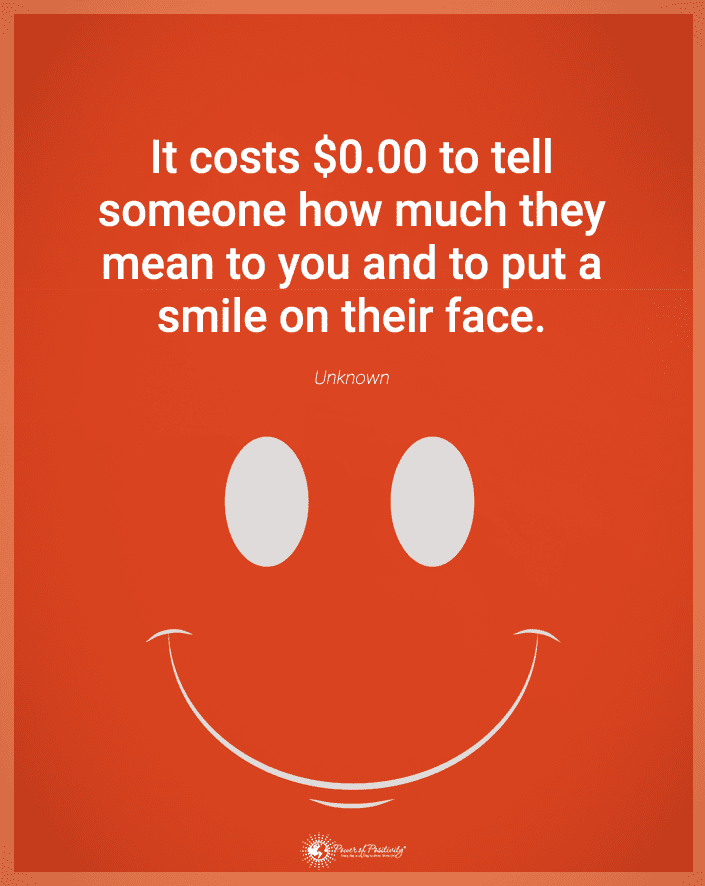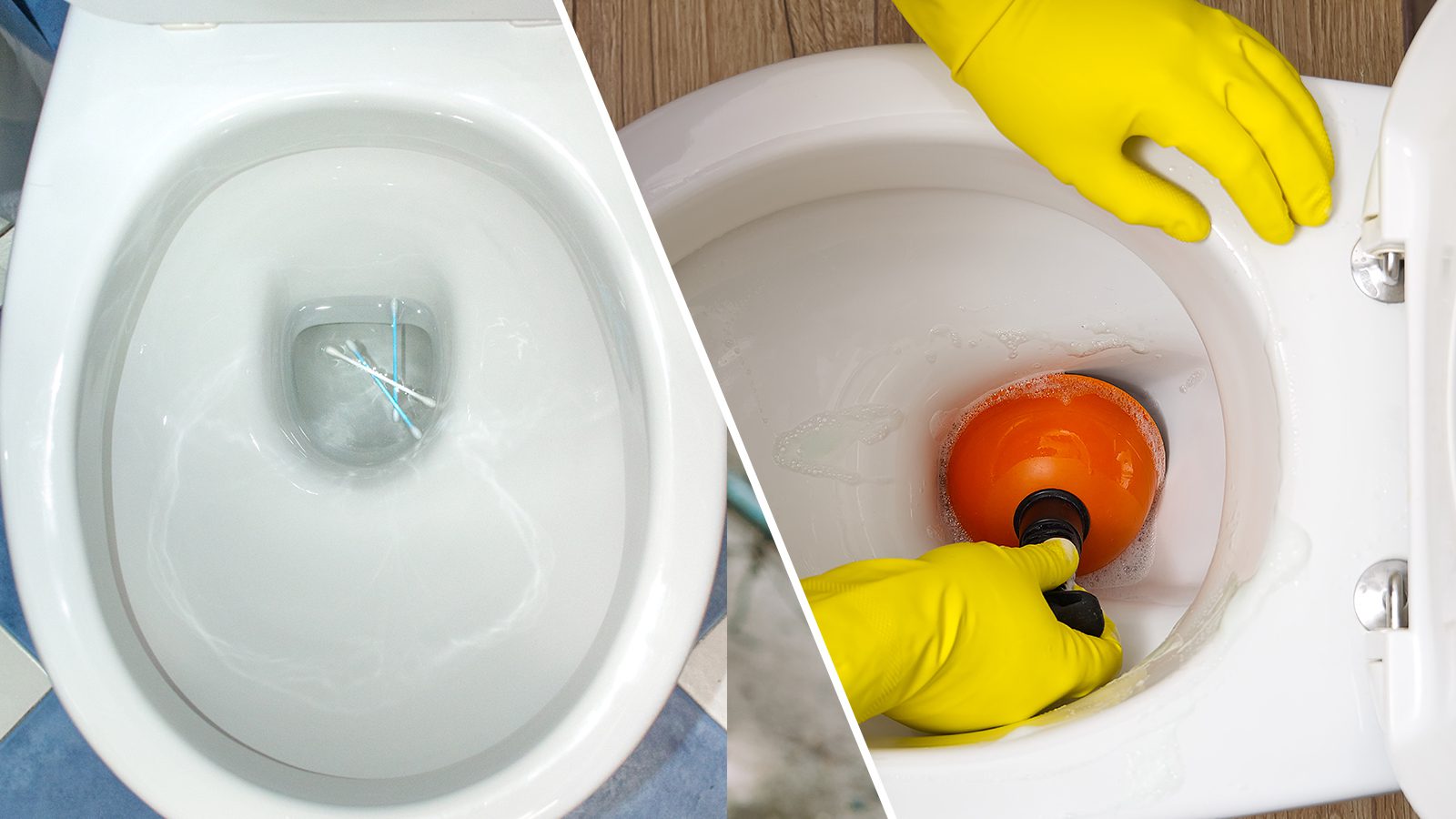You should flush down your toilet only three things: pee, poo, and toilet paper. Anything other than these items can cause significant issues for you and the wastewater treatment facility. Everything that enters your plumbing system goes into a septic tank to be pumped out later or sent through city lines to the local sewer.
There are various pipes that it must travel through to get to its destination, and these pipes include rods and filters that help protect the expensive equipment that processes it. Treatments stations have filters that remove items that you should not flush, including baby wipes, tampons, and hair.
When you send non-biodegradable items down the toilet, you risk damage to the plumbing in your home. Additionally, you add to water pollution in your community. Some people honestly don’t know that there are things that can’t go through these intricate systems. Sadly, others know it will not break down and send it through the tubes anyway. The backups you might experience are more than just an inconvenience and expensive plumbing bill. Indeed, the resulting overflow may create unsanitary conditions that endanger well-being.
Expert septic tank services play a crucial role in maintaining the functionality and integrity of your wastewater management system. Companies like Alligator Septic & Drain specialize in providing comprehensive solutions to ensure that your septic tank operates efficiently and effectively. Their trained professionals offer services such as regular maintenance, inspections, and repairs to identify and address any potential issues before they escalate into costly problems.
When you visit Alligator Septic & Drain for your septic tank needs, you can trust that their team will employ the latest technologies and techniques to keep your system running smoothly. By adhering to best practices and industry standards, they help prevent clogs, backups, and other issues that could compromise the health and safety of your home or community. Investing in expert septic tank services not only protects your property but also contributes to the preservation of the environment by reducing the risk of water pollution and contamination.
Twenty Things You Should Never Flush Down the Toilet
Everyone makes mistakes, and reading the list below, can help you make some changes. You should not dispose of these items through the plumbing system. Besides that, you should teach your children about the acceptable things to flush, too. Here are some things you should never put into your commode.

1. Don’t Flush Wet Wipes
These wet wipes found in most supermarkets are labeled as flushable. But if you read the fine print, it says only one can be sent through the tubes. Most people don’t use just one, and some older septic systems can’t handle that amount. These wipes are a plumber’s nightmare–and their ticket to high-cost repair jobs.
Wet wipes don’t break down like they should, and they clog septic systems across the globe. The River Thames in Barnes is polluted constantly with wet wipes that come to the surface. According to a report by the National History Museum in the UK, volunteers cleared over 23,000 of these wipes from the shore of the famous river in 2019 alone. Additionally, a study found that these “flushable” wipes cause ninety percent of all plumbing blockages.
2. Tampons or Maxi Pads Should Not Go Down the Toilet
Can you believe fifty percent of women think sending tampons down the toilet is okay?
Plumbers warn that some think the commode is an acceptable way to eliminate feminine hygiene products. None of the tampons or pads on the market should go through your plumbing system, and many boxes have warnings that state this on their packaging. You do not want to flood your bathroom or clog your pipes, so do not send a maxi pad through your system.
In addition to avoiding flushing feminine hygiene products, it’s crucial to understand that other common household items can also wreak havoc on your plumbing system. Items such as wipes, paper towels, and even certain types of toilet paper can contribute to severe blockages and backups. The expertise of SavingPlumbing comes into play here, offering professional advice and services to prevent such mishaps. They emphasize the importance of being mindful about what goes down your drains and provide regular maintenance checks to ensure your plumbing system remains in optimal condition.
3. Please Do Not Flush Paper Towels
Many people turn to paper towels or coffee filters when they run out of toilet paper. The only problem is that these can’t disintegrate in your septic or wastewater systems. You can cause your system to clog quickly upon flushing, primarily if you use a large amount.
4. Condoms Don’t Go Down the Drain
The most significant issue with condoms is they’re non-biodegradable. No one wants these in their public waterways, and it’s better to toss them in the trash can.
5. Avoid Flushing Baby Wipes
Baby wipes have a warning right on them not to flush them down the commode. Yet, millions of people do it anyway, thinking they’re the same as toilet paper. They will undoubtedly cause a clog.
6. Do Not Flush Diapers
It’s shocking to put diapers on a list of things that might cause your house to flood if you send them into your plumbing system. Sadly, some folks try to drop these large items down the toilet. No part of a diaper should enter your septic system, and it’s a recipe for disaster sending it through your pipes.
7. Medications Can Poison the Water System
It seems simple enough to toss old medications into the bowl and give them the royal send-off, but you’re putting these prescriptions into your public water supply. Your local wastewater facility isn’t equipped to handle or purify water with them.
8. Don’t Flush Cigarette Butts
Cigarette butts are one of the most common litters in the United States. You find them on your street, at the city park, on the beach, and they even end up in your water system. The issue is that the butt comprises hundreds of toxins and cellulose acetate on the wrapping. Your local treatment facility isn’t equipped to handle these small items, and they contaminate your water.
9. Cotton Balls or Swabs
Cotton does break down a bit, but it’s not going to break down like regular tissue paper as it’s not biodegradable. Keep cotton swabs and balls out of your commode if you don’t want a flood in your bathroom.
10. Grease and Oil Can Cause Severe Clogging if You Flush Them
It seems sensible to send oil and grease through the septic system rather than your pipes, but these slimy substances can clog your drains quickly. Additionally, the fat solidifies and becomes hard as a rock. As a result, you risk severe damage to your plumbing pipes and water system. For expert advice or repairs, consider checking out plumbing orange quotes to find reliable professionals who can handle these issues effectively.

11. Contact Lenses
The CDC estimates that over 45 million people in this country wear contact lenses, adding to a lot of plastic. Sadly, many people would rather flush these items than toss them in the bin. The real issue is that all these lenses going into the sewer system is responsible for one of today’s most significant environmental concerns, microplastics. While sending them down the commode seems tempting, throwing them in the trash is just as easy.
12. Cat Litter
It seems only natural that you would flush cat litter right down the tube. However, all septic water is purified at a local plant. Since cat feces and urine can have parasites like toxoplasma gondii, your local treatment facility isn’t equipped to handle such diseases. Besides that, the clumping clay that eliminates the mess from the litter box can create severe clogging–or even overflow or flood your toilet.
13. Don’t Flush Hair Down the Toilet
Hair doesn’t break down like toilet tissue and can cause all sorts of issues at the water treatment facility. Plus, it’s one of the most common reasons for clogs in your plumbing, so you can imagine what it does to your septic system.
14. Dental Floss
Dental floss is just a string, so it can’t cause too much damage, right? Sadly, dental floss is not an item that will break down. It’s made of Teflon or nylon, and it tangles much like hair in the septic system, which is a complete nightmare on the expensive processing equipment.
15. Paint
Most people know enough to realize that their trash hauling company issues special disposal rules for household paints. To circumvent those rules, some people dump paint down the commode. Wrong move!
Paint contains chemicals. So you should not want it to end up in your water treatment plant or plumbing. Since it has extenders, binders, solvents, and additives, which can be harmful to the environment without proper handling. That’s why your trash company must follow special rules when handling it.
16. Goldfish
Plumbers express shock at the number of people who think that sending a fish down the commode releases it back into the wild. That fish isn’t going to make it very far, and it will soon meet its demise. Plus, some goldfish can be pretty significant, and they have the potential to cause a clog. Sure, a water burial seems logical to toss a scaly friend, but it’s not a good idea.
17. Do Not Flush Chewing Gum
Did you know chewing gum has some of the same chemical properties as glue? It sounds disgusting, but it’s a cohesive substance that can easily stick to the inside of your septic pipes. When it builds up, it can impede water flow and cause a flood in your home or yard, which can be expensive to repair.
18. Cosmetic Wipes
Unlike toilet paper, cosmetic wipes aren’t going to break down in your septic system. They have chemicals that can flood your plumbing if you send too many down the hatch.
19. Tissues
Unbeknownst to most, tissues and toilet paper are not the same thing. Tissues have different materials that don’t allow them to break down easily. Avoid flushing these, even if you run out of toilet paper.
20. Bandages
Bandages are made from plastic and latex and can’t break down in your plumbing system. While it’s not likely to cause a flood in your bathroom, it can certainly be a headache as it travels down the line to the treatment plant.
Final Thoughts on Knowing Why You Should Not Flush These Twenty Items Down the Toilet
Are you guilty of flushing any of these items on the list? Perhaps you didn’t know some of these things do not belong down your drain. It can be a costly repair if you flush items that your system can’t handle. Plus, it’s unsanitary and inconvenient when one of the most vital rooms in the home is out of order.
If you don’t want to flood your bathroom or yard, you should be very careful about what goes down your commode. If it’s not toilet paper, it’s best to throw it in the trash can. Think twice before you put anything through your plumbing, as it can be a very costly mistake.


















